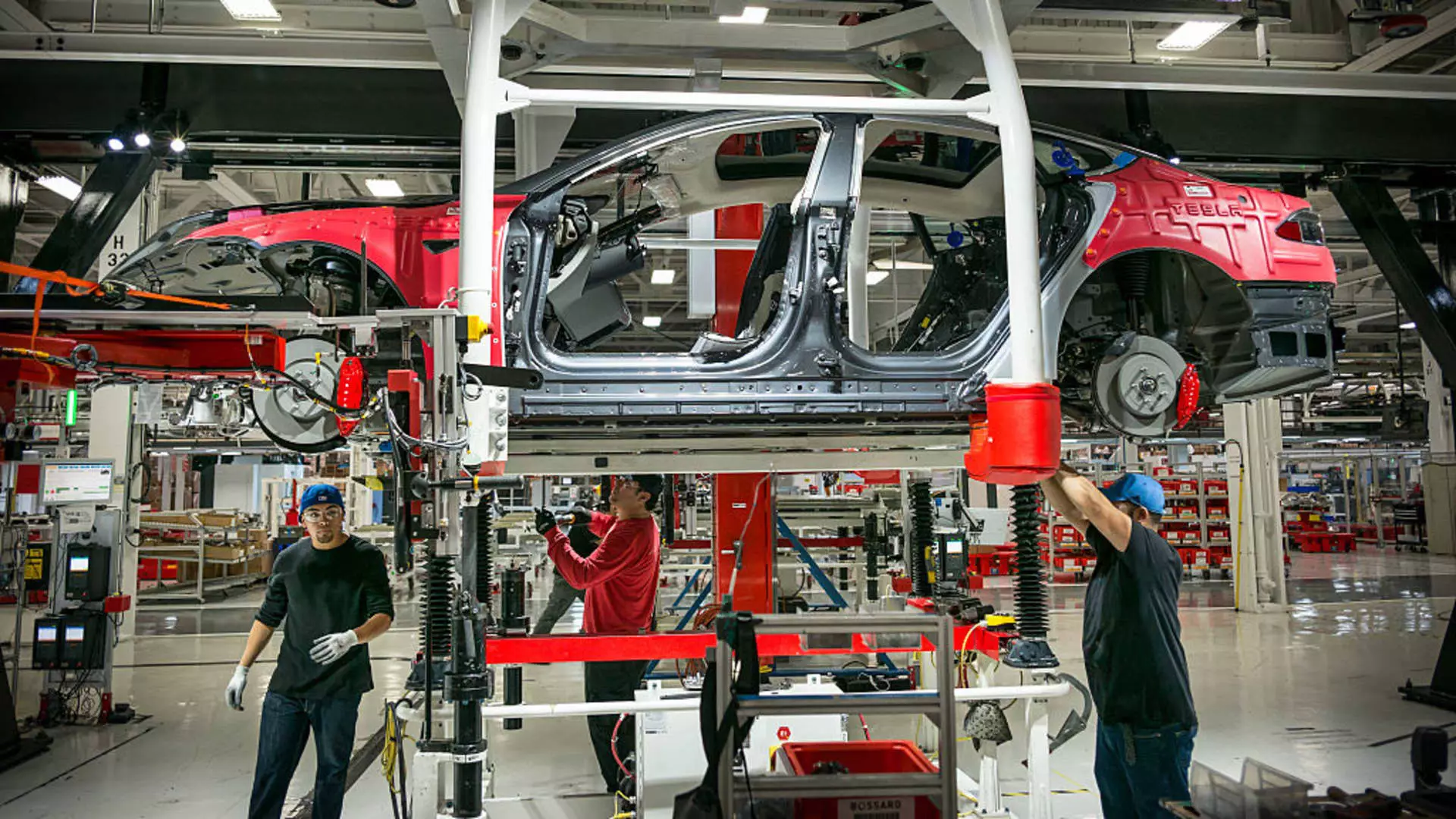Recently, Tesla settled a racist discrimination lawsuit by paying $3.2 million in damages to Owen Diaz, a Black employee who worked as an elevator operator at its Fremont, California factory in 2015. The lawsuit was settled amicably with confidentiality terms between the parties. The lawsuit highlighted the ongoing issue of racial discrimination and harassment faced by Black workers at Tesla.
The same law firm representing Diaz is also handling a class-action lawsuit against Tesla, Marcus Vaughn v. Tesla Inc., which alleges that racist discrimination and harassment against Black workers persist at the company. Despite multiple verdicts and litigations, the conduct has not been curbed. Attorney Lawrence Organ emphasized the importance of taking a stand against such discriminatory practices and called for Tesla’s CEO, Elon Musk, to publicly denounce racism within the company.
Apart from the individual lawsuits, the U.S. Equal Employment Opportunity Commission (EEOC) has sued Tesla for violating federal laws by tolerating racial harassment against its Black employees and retaliating against those who opposed such behavior. Tesla has denied these allegations, claiming they are a misrepresentation of the company’s commitment to equal employment opportunities.
During the trials, Diaz revealed that he and other Black workers were subjected to racial slurs, threats, and graffiti at the workplace. The hostile environment made him feel physically unsafe and unwelcome. Even after multiple court verdicts, the discriminatory behavior persisted, leading to further legal actions against Tesla. Diaz’s experiences were not limited to himself, as he regretted recommending his son to work at Tesla due to the racially hostile workplace.
The settlement with Diaz comes at a time when Tesla CEO Elon Musk is under fire for his handling of hate speech on the social platform X (formerly Twitter). Musk’s questionable statements and sharing of unverified claims have drawn widespread criticism and raised concerns about his leadership and decision-making. Recent incidents involving Musk’s posts about cannibalism in Haiti have further fueled the controversy surrounding his actions.
The settlement of the racist discrimination lawsuit against Tesla sheds light on the persistent issue of workplace discrimination faced by Black employees. Despite legal challenges and public scrutiny, companies like Tesla must take concrete actions to address systemic racism and create an inclusive work environment for all employees. The case serves as a reminder of the importance of standing up against discrimination and holding organizations accountable for their actions.


Leave a Reply